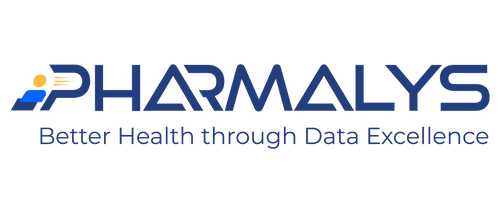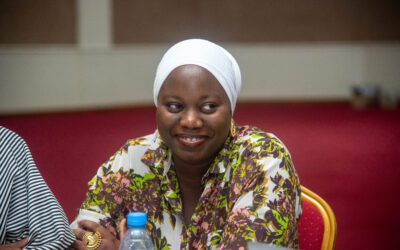My First Unblinded Clinical Research Associate (CRA) Experience:
When I joined the company in 2020 as a Clinical Research Associate, I worked as an unblinded CRA in a Phase III double-blind, randomized, controlled, multicentred vaccine study. I was designated to perform site monitoring activities for pharmacy, vaccine accountability, and reconciliation of the blinded investigational products. As this was my first experience as an unblinded CRA in a study, Pharmalys provided me with relevant training and support on protecting and maintaining the blind by optimizing issue resolution and mitigating any risks or potential errors.
The few challenges I overcame with the support of my Project Manager were:
Sites with resource-limited settings and little experience in clinical research. Pharmalys provided these sites with training on Good Clinical Practice (GCP) guidelines that are the universal code of conduct for the clinical research industry. Globally, GCP ensures the rights and well-being of research participants are protected, and the data we generate undergo rigorous quality processes to evaluate the safety and efficacy of important medical and public health interventions under clinical development.
Pharmalys also provided guidance in the process for mastering the protocol, standard operating procedures (SOPs), and regulatory requirements. This was not an easy task as some sites were not that receptive. However, we established good collaboration with a logical, efficient, and consistent approach, by promptly responding to questions and requests from sites and clients throughout the project.
Sites recruiting/vaccinating participants at a very fast rate. To meet the sponsor’s and sites’ expectations, the Pharmalys team was flexible in accommodating and successfully meeting very tight timelines during the study’s conduct.
Support from Senior Clinical Research Colleagues:
Having great colleagues is one of the assets of Pharmalys. My colleagues are like family to me, and there is a lot of unity and support. I can quickly become independent in my work, knowing that I have a very reliable team that I can turn to if I ever have any questions or encounter situations I don’t know how to handle myself. They have a deep understanding of the procedures and are willing to share their knowledge and experience, so I can always rely on them if I need help with anything.
Pharmalys’ Working Environment: A Collaborative Spirit:
Pharmalys offers an inclusive and engaging working environment. The upper management takes the time to engage with the people they work with, understand their skills, figure out their strengths and weaknesses, and try to help whenever needed. All my project managers have been great leaders and have given me good pieces of advice on how to handle different sites, issues, and concerns. They are collaborative and allow creativity and ideas to be shared and developed.
Work-Personal Life Balance as a Clinical Research Professional:
The level of consideration by Pharmalys’ top management has been fulfilling for me regarding work-personal life balance. For example, when upper management knew about my pregnancy last year, they anticipated and got engaged in how best they could assist me and how I could accommodate work and my future life with my baby. Knowing that the CRA position requires a lot of traveling, which can be tricky for a mother who has a baby to take care of, Pharmalys offered me the position of a subject matter expert (SME) for the new clinical trial electronic systems. This is a great benefit for me and shows how Pharmalys focuses on work-personal life balance for its team.”
Glossary:
Phase III study:
A phase of research to describe clinical trials that gather more information about a drug’s safety and effectiveness by studying different populations and different dosages and by using the drug in combination with other drugs. These studies typically involve more participants than phases I and II studies.
Blinding/Masking:
A procedure in which one or more parties to the trial are kept unaware of the treatment assignment(s). Single-blinding usually refers to the subject(s) being unaware, and double-blinding usually refers to the subject(s), investigator(s), monitor, and, in some cases, data analyst(s) being unaware of the treatment assignment(s).
Randomization:
The process of assigning trial subjects to treatment or control groups using an element of chance to determine the assignments in order to reduce bias.
Comparator (Product):
An investigational or marketed product (i.e., active control), or placebo, used as a reference in a clinical trial.
Multicentre Trial:
A clinical trial conducted according to a single protocol but at more than one site, and therefore, carried out by more than one investigator.
From National Institute on Ageing Glossary of Clinical Research Terms.
Glossary Sources:
Clinical Trials.gov
NINDS Glossary of Clinical Research Terms
CenterWatch, Inc. Patient Resources: Glossary.
OHRP website
NIH Definitions
Friedman LM, Furberg CD, DeMets DL. Fundamentals of Clinical Trials (3 ed.). Missouri: Mosby-Year Book Inc., 1996.
Meinert CL. Clinical Trials: Design, Conduct, and Analysis. New York: Oxford University Press, Inc., 1986.











